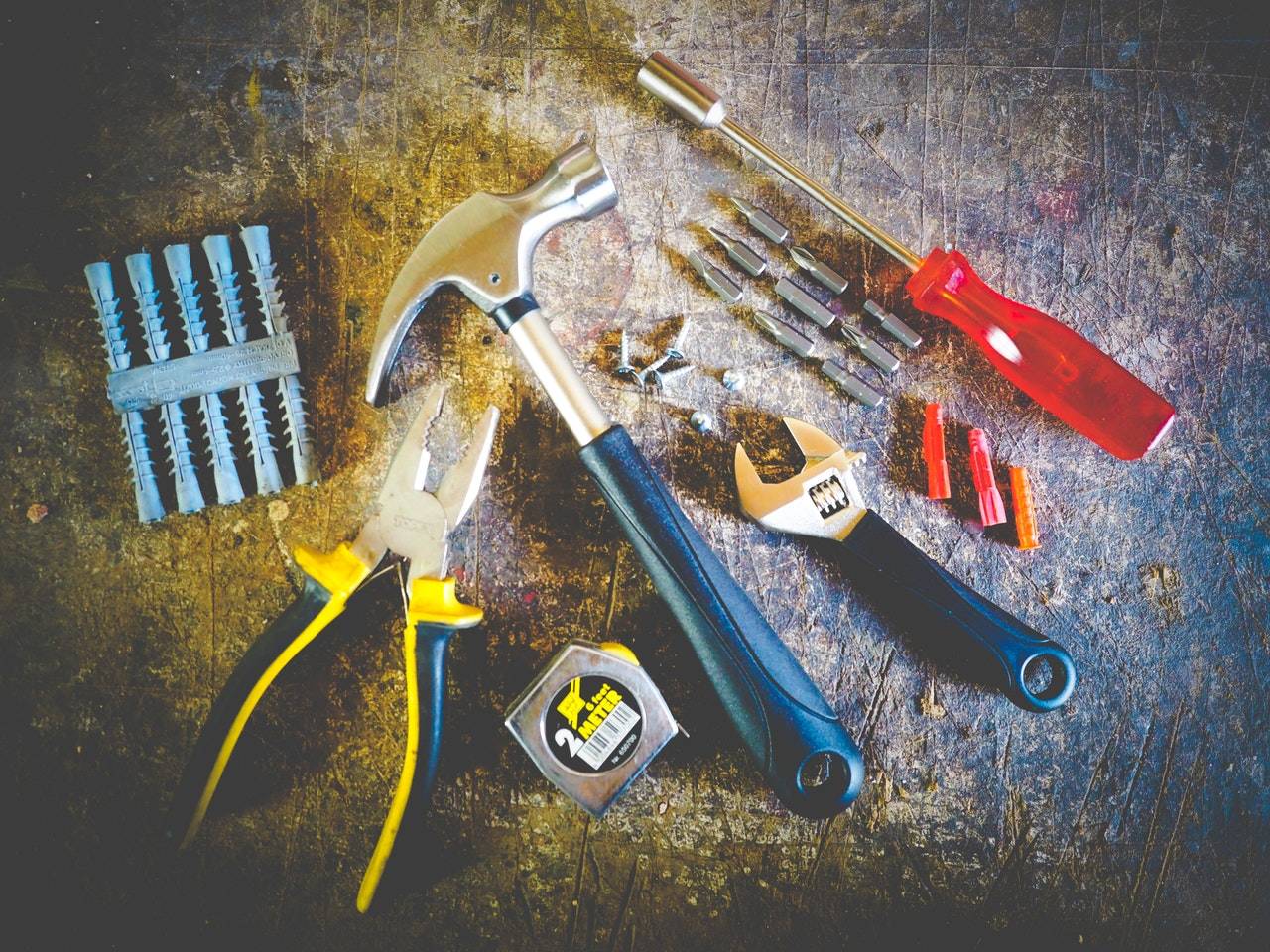Learn How to Manage Your Time Better With These Tools and Best Practices
Time management is probably one of the most important skills you should have nowadays. If you know how to manage your time properly, you can improve both your professional and your personal life. Here is everything you should know about how to maximise your time.
What is Time Management?
At its most basic level, time management is the process that involves organising your schedule in a way that puts every minute of your time to work instead of wasting it one way or the other. In short, it is meant to promote productivity through careful planning.
Time management can also help you cope with anxiety by reducing your stress levels. As a result of better productivity, you will end up improving your reputation and having more opportunities to make use of. Besides, you will also stop missing deadlines.
Tools to Use for Time Management
Before we get to the best practices of time management, it is important to note that there are some valuable tools you can use to help you use these particular tactics.
The list outlines only the basic things, but even they can be extremely helpful:
1. Diary or Journal
Keeping a diary or a journal is probably one of the easiest ways to get started with time management because you will already start writing down everything you need to do and when you need to do it.
An interesting technique that will be discussed later in the article is bullet journaling that has become very popular in the past few years.

2. Time Management App
There are numerous time management apps available both for Android and iOS devices. Most of the time, such apps let you set up alarms and timers as well as check how much time you spend on different tasks and even to keep a diary of what you do. Check out our expert interview with Francis Wade on time management.
3. Project Management App
Another type of apps you might find useful for time management lets you manage your projects. Project management apps are available for Android, iOS, and even as online platforms for desktop devices. These are usually created specifically for businesses that are looking to keep their entire teams on board when working on a particular project.
4. Outsourcing Services
Lastly, outsourcing can significantly help you reduce your workload and manage your time even better. For example, if you need to write content, you could hire a freelance writer from a writing service review site like Best Writers Online where you can compare writers and decide who will be the most suitable to work on your articles. Then, you will have more time for other tasks.
>> Caroline Time Management Coaching Deck <<
Best Practices for Managing Your Time
Now that you know what time management is and the kinds of tools you can use to help you manage your schedule, here are some of the best practices of time management to get you started:
1. Put Time Limits on Tasks
Time limits are great for developing habits. And habits are important for time management. By setting a specific period that you plan to regularly spend on a certain task, you give yourself a framework to operate within instead of spreading out your task and being unable to follow a schedule precisely.
2. Set Reasonable Deadlines
Speaking of having a framework, deadlines can be incredibly motivational. Yet, these deadlines should be reasonable in order not to stress you out too much. Complete your tasks a few times at a suitable pace and measure how much time you spend on them – then, set the deadlines.
3. Try Bullet Journaling
Bullet journaling is one of the most popular methods of time management among those who like having a diary, journal, or planner. But even if you haven’t had such a notepad before, you can always try out bullet journaling and see for yourself whether you like it. A bullet journal is just like any other journal, but it has dots instead of lines or checkers. You can then use special symbols for making daily, weekly, and monthly to-do lists and keeping everything in check.
4. Use Time Management Tools
The time management tools mentioned before are already enough to help you a ton with managing your time better, completing your tasks faster, and finishing projects easier.

You can compare some tools just by reading their reviews in the app store or trying them out by yourself before you decide which one you like the most.
5. Think Ahead as Much as Possible
Yes, planning is an integral part of time management. After all, you are here to decide what your schedule will be like. But at the same time, you should also set long-term goals for yourself and think about where you want to be by the end of the week, by the end of the month, by the end of the quarter, and maybe even by the end of the year.
6. Stop Waiting for Inspiration
This is especially important for all the creative people who love waiting for the muse to arrive and inspire them to do something they need to do. Instead of waiting for inspiration, you should do your job when you are supposed to do it. If you have three hours every day to paint another picture to sell, then that’s when you should paint – not sit down and think about what exactly you should paint.
7. Get a Break from Time to Time
Trying to stick to a particular schedule can be incredibly stressful which is why having breaks is essential to be able to continue doing your job. Think about your breaks as a part of your daily routine. They are just another element in your strategy and you should treat them seriously.
8. Take Care of Your Sleep Schedule
You will be surprised by how important your sleep schedule is.

If you are not getting enough sleep or you go to bed and wake up at different times, you will get exhausted much faster which will decrease your productivity substantially.
9. Transform Bad Habits into Good
As mentioned earlier, habits are extremely important when it comes to time management. If you can’t get rid of your old bad habits and learn some new good ones, you will not be likely to manage time better. This is why you need to make sure that you are not repeating your old mistakes and instead of learning from them and improving yourself.
10. Celebrate Successes
Last but not least, celebrating successes is crucial. This is for your own mental and emotional wellbeing, so make sure to let pat yourself on the back when you succeed in doing something. You shouldn’t constantly push and push and push yourself until you are too exhausted to keep working. Take your time to celebrate successes and enjoy the place where you are at that particular moment.
Final Thoughts
To sum up, time management is a necessary skill, but you need to understand that it is a complex one too. Follow the best practices from this article to start using time management in your daily life.
Action: For even more useful content on time management, check out our ultimate guide on Time Management skills.




